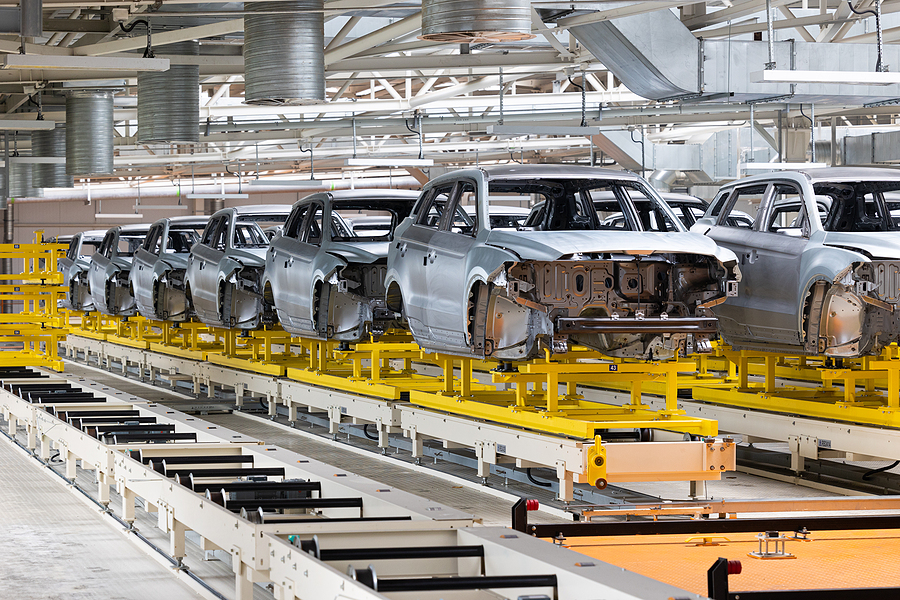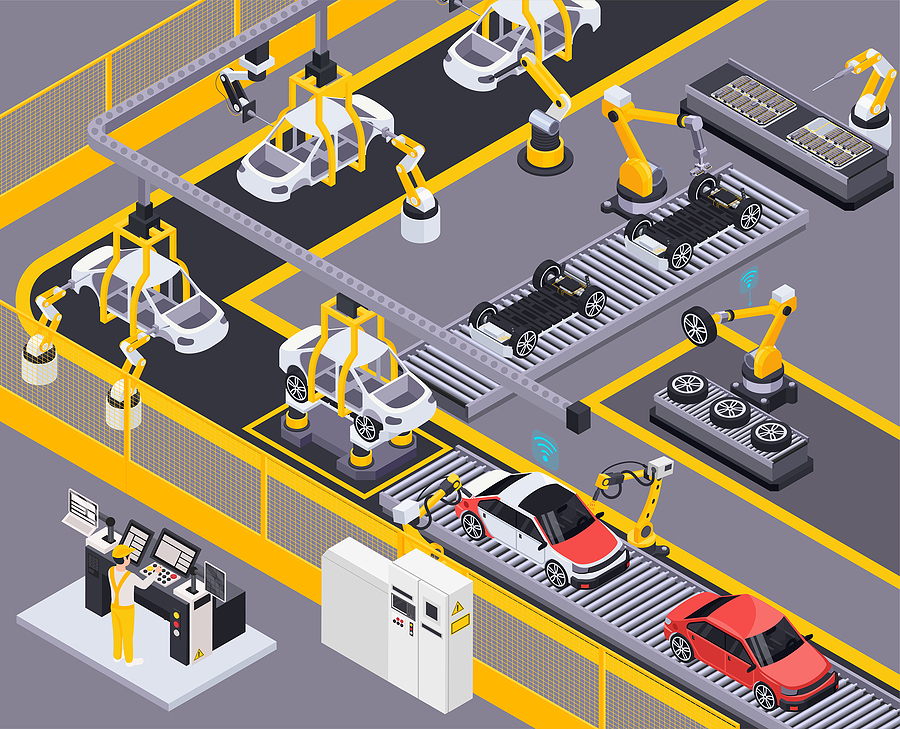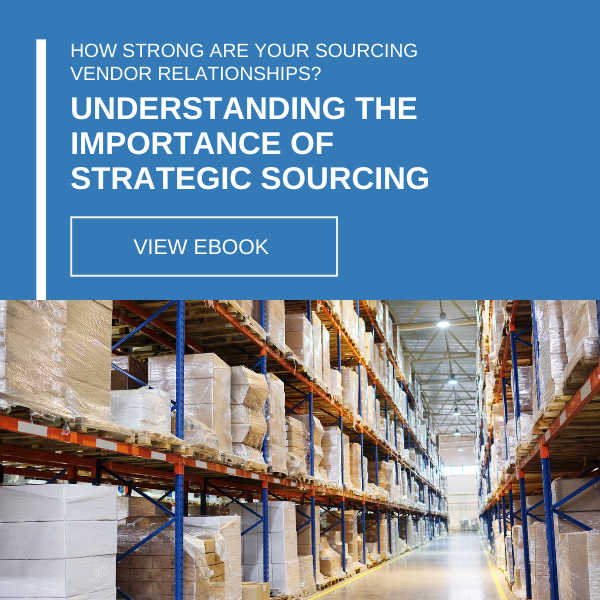
5 Ways the Automotive Manufacturing Industry Can Improve Processes
The automotive manufacturing industry has been traveling a strange and bumpy road over the past couple of years. The pandemic created a traffic jam in the supply chain. At the same time, demand for new cars dried up. Who was driving? Everyone was at home during the lockdown. And on the heels of that, interest in electric vehicles began to surge. According to research by the International Energy Association, the demand for EVs is expected to rise 35% by the end of 2023 after a record-breaking 2022.
What did it all mean for auto manufacturers? Demand for traditional vehicles lowered as demand for electric vehicles grew, forcing auto manufacturers to do a delicate dance of balancing the type of production they’ve always done with the new processes and systems needed to produce EVs. The moving target of demand coupled with shaky supply brought about inventory uncertainty — how much was enough, but not too much? And then, there was (and continues to be) the labor shortage, with seasoned workers retiring and younger ones not exactly flooding through the doors.
Improving processes is paramount for the automotive manufacturing industry now. Here are a few ways you can do that:
Lean Six Sigma. If there ever was a need for auto manufacturing process improvements like the ones Lean Six Sigma can produce, it’s now. LSS is the blending of two efficiency methodologies, Lean and Six Sigma. It’s a bit ironic, because the Lean methodology, which focuses on efficiency and eliminating waste, was developed back in the day by Henry Ford… or at Toyota, depending on who you ask. It got its start on the auto manufacturing line, with the intent of eliminating the “seven deadly wastes”: overproduction, waiting, transporting, processing, inventory, excess motion and defects. At USC Consulting Group, we’ve added an eighth waste. People. Specifically, not using them to their fullest, not seeing untapped potential in great workers, and not training and developing people to rise through the ranks. Lean is about eliminating waste to produce more product quickly and efficiently.
Six Sigma, the other side of the Lean coin, is about quality control. Minimizing flaws and defects. But it’s deeper than that, rooted in data. The goal is to improve cycle time while eliminating or reducing defects.

SIOP. It’s difficult to achieve careful, accurate planning for the future when the road ahead contains so many bumps. That’s why we take the usual sales and operations planning (S&OP) process to a different level by adding inventory to the mix. The goal is to look ahead, anticipating the inventory you need while also coordinating with sales, marketing, and finance to involve the entire organization in this process. A key to SIOP is using inventory as a strategic tool to help offset variation in either demand or production issues.
Predictive Maintenance. Yes, it sounds extremely basic, but we find that heading off trouble before it starts can eliminate the risk of bogging down your entire production line to fix what’s broken.
Skills Training. Investing in training is playing the long game, but in light of your best people on the line retiring and fewer people to take their place, it’s paramount. Training has advantages in addition to the obvious — your people being more skilled on the job. It also demonstrates in a very tangible way that you are committed to the growth and success of your employees. You gain loyal workers and create a pipeline for advancement. It’s a win-win.
Technology Investments. USC Consulting Group is not about coming in and asking manufacturers to invest in the latest and greatest technology in order to become more efficient. No, efficiency takes harder work than just installing a new machine. However, in some cases, it’s necessary to level up. Legacy technologies don’t have the same features and capabilities as newer models. And in the auto manufacturing industry, you’re dealing with producing an entirely new product with electric vehicles. It may be time to look at your technology and decide if it can take you into the future or keep you in the past.
Doing business in the automotive manufacturing industry is like driving a manual transmission. You are constantly shifting gears to keep pace with traffic – in this case, the consistent change of consumer demand. Operations consulting helps companies improve their processes and be prepared for what’s coming down the road. We help manufacturers become more efficient and profitable in this or any economy.
Is working with operations consultants an untraveled road for you? Please get in touch. We’d love to talk with you about it.






